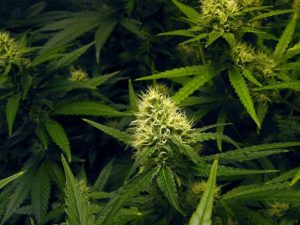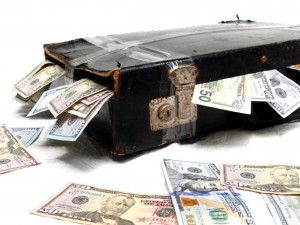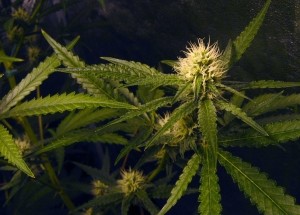DEA: Marijuana to Remain on List of Dangerous Drugs, Advocates Frustrated
The U.S. Drug Enforcement Administration (DEA) has announced it will not remove marijuana from the list that classifies it as one of the most dangerous drugs, a decision that both mystifies and outrages scientists, doctors, patients, public officials and advocates. These groups argue there is ample evidence to show that marijuana is a medically useful drug (a stipulation of Schedule I narcotics is that there is no accepted medical use) and the federal government is wrong not to recognize those positive attributes.
Reclassifying the drug from a Schedule I to a Schedule II would have a profound impact on restrictions and federal penalties. For example, Schedule II drugs have an easier time obtaining federal approval for studies, which ultimately pave the way for doctors to write prescriptions for marijuana and derivative products. It would also allow those drugs to be filled at pharmacies, alongside other Schedule II drugs, such as Adderall.
The DEA’s decision was derided by the eight Democratic legislators who called for federal regulators to reclassify the drug. One of those, Sen. Elizabeth Warren (D-Mass.), expressed her disappointment, as did Sen. Kirsten Gillibrand (D-New York), for “antiquated ideology.” Continue reading
 Cannabis Law Group's Medical Marijuana Legal Blog
Cannabis Law Group's Medical Marijuana Legal Blog













